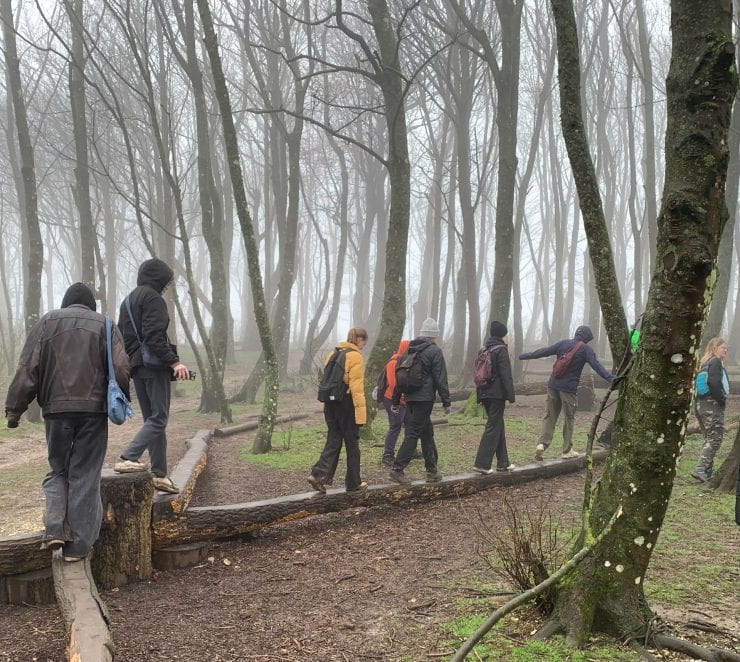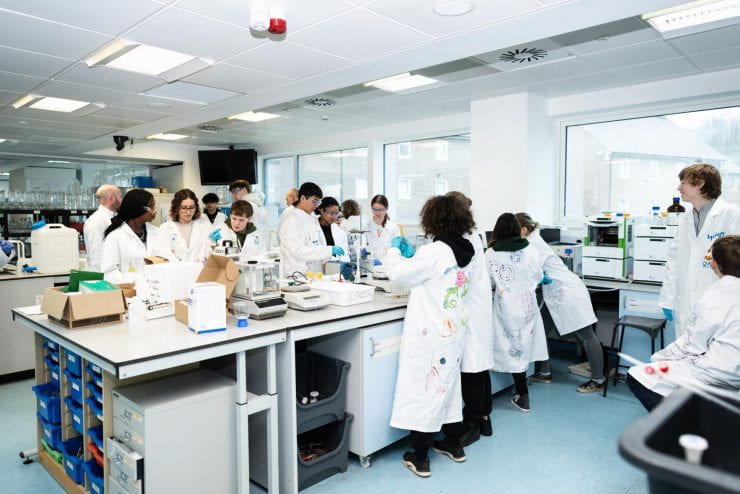Hi I’m Jade and I’m a first year studying Biological Sciences BSc(Hons) and here’s what I think of the course so far…
I chose this course as I’ve been interested in biology for many years, and I like that this course specifically allows you to cater it more specifically to yourself with how many option modules there are for later years. I chose Brighton as I’ve lived rather locally my whole life, and I’m enjoying being able to study whilst also still getting to live at home.
Continue reading “My course so far”














